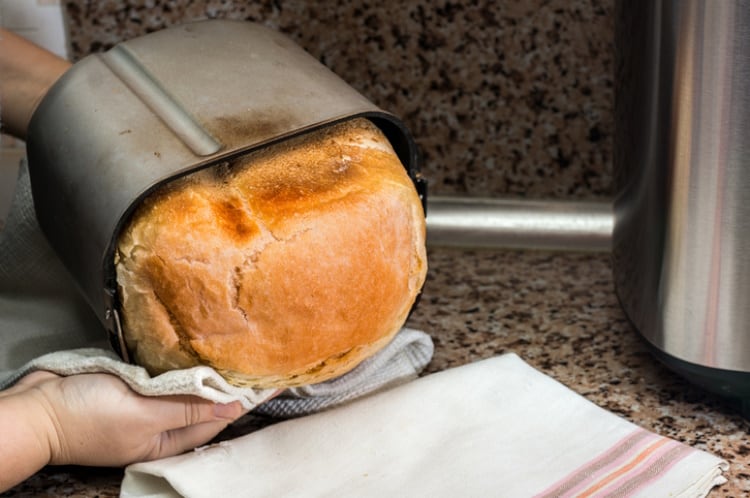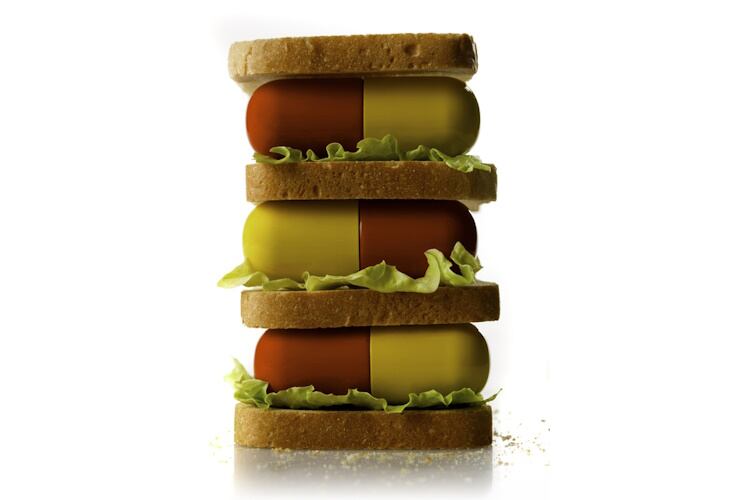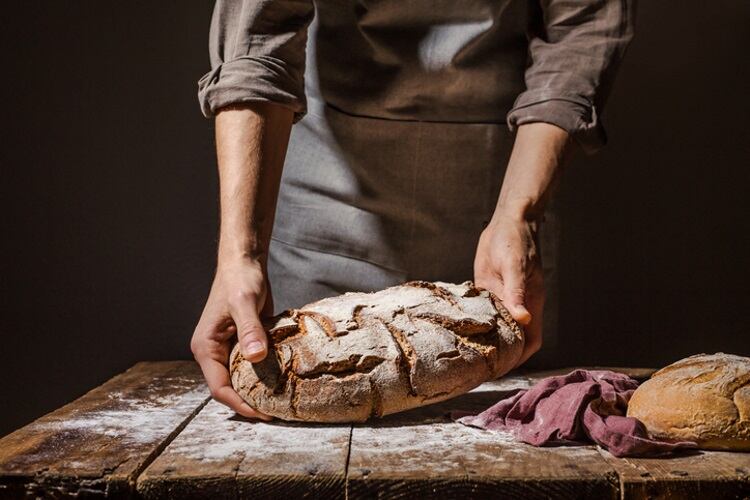The air fryer has taken the world by storm thanks to its energy efficiency: 1.4kWh-17 kilowatts per hour.
Breadmakers, too, punch in with a small energy footprint – 0.36kWh-0.41kWh to make a standard loaf of white bread – yet more than 1.4 million of them are gathering dust in UK homes, according to not-for-profit Recycle Your Electricals.
This is the main thrust behind this year’s Real Bread Week, the annual campaign hosted by the Real Bread Campaign to get people creating ‘real’ additive-free bread.
While the UK has gotten through the worst of the cost-of-living crisis, food and energy costs are still high, so it makes sense to shell out as little as possible for this popular staple. In fact, according to a Which? report, using the October 2023 energy price cap of 23.35p per KWh, it cost between £7.53 and £11.55 of electricity per year to run the bread maker.
Admittedly, a breadmaker is not everyone’s cup of tea. Many home bakers find the process of mixing, kneading and shaping dough by hand therapeutic.
However, there are those who have discovered that it’s a very effective way to take control of the breads they eat – and the additives they don’t want. The cost of energy and basic ingredients are minimal, along with the skill required to operate it, so adopting a bread machine is an affordable and accessible way to get more people to enjoy real bread.
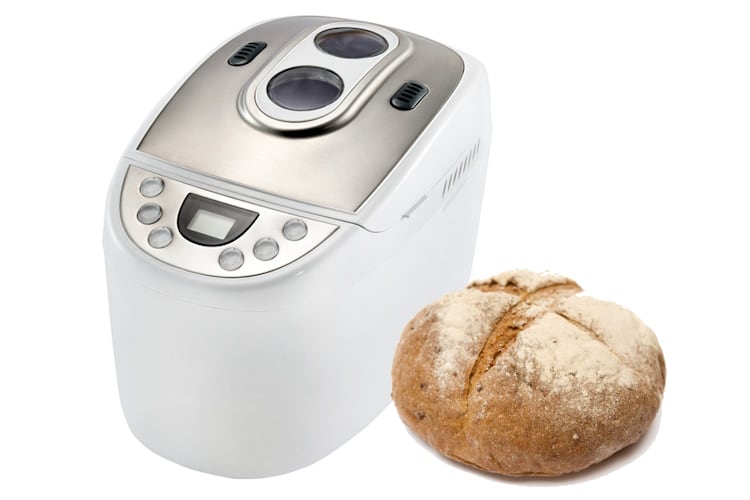
As such, the Campaign is advocating to pass on the unloved equipment to a new home, be it a budding home baker or charity shop. This is aligned to the Campaign’s mission: to find and share ways of making bread better for both people and the planet, and more accessible.
“We actively encourage business owners to run schemes that bridge the gap between what it costs a financially sustainable microbakery to create real bread, and what people in their local communities living on tighter budgets can realistically afford,” said Chris Young, Real Bread Campaign coordinator.
The Campaign is run by food and farming charity Sustain, which is the mothership for campaigning to change the mainstream narrative of food and farming projects in the UK. Launched in November 2008, the Campaign’s starting point was to push for the manufacture of bread without the use of chemical raising agents, processing aids or other additives.
Work involves championing real bread and the people who make and enjoy it, including the Real Bread For All affordability initiative; lobbying for an Honest Crust Act of improved labelling and marketing standards; and the No Loaf Lost bakery surplus reduction guide.
Its mission is also to promote the indie bakeries – both in the UK and further afield – and the Real Bread Map currently features over 600 bakeries that take pride in their sourdough and real bread products.
“Our vision is a future in which everyone has the chance to choose real bread and can access it within walking or cycling distance, even as close as their own kitchen,” said Young.
Real Bread Week 2024
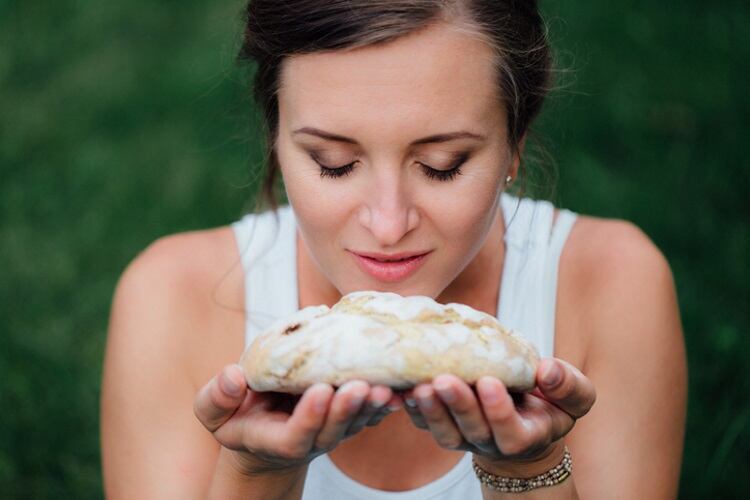
The Campaign launched the Real Bread Week in 2010 to celebrate the art of creating bread that essentially follows an ancient process.
According to Young, in 2018, charred pieces of what was believed to be unleavened flatbread were found in Jordan. The world’s oldest known evidence of the production of the bread-like foodstuff was found at Shubayqa 1 – a 14,400-year-old site in Jordan’s northeastern desert – and is believed to have been made by the Natufians from wild grass seeds.
Similar evidence suggests sourdough bread might have been made as far back as 10,000-12,000 years ago, somewhere in The Fertile Crescent – a crescent-shaped region that spans across Iraq, Israel, Jordan, Lebanon, Palestine, Syria, Kuwait, Turkey, Iran, Cyprus and Egypt. There is also evidence of using yeast in bread making in Egypt around 6,000 years ago.
The 15th annual Real Bread Week will be hosted from 17-25 February and the Campaign has issued a invite to everyone who is organising Real Bread Week classes, events, tastings, fundraisers and other activities to add details to the Real Bread calendar. People are also encouraged to share their events on social media (in 2023, #RealBreadWeek generated over 4,000 posts from more than 40 countries on Instagram alone).
Events confirmed for 2024

- February 19: Real Bread baking session run by Campaign ambassador Peter Cook in Worcester.
- February 20: Roots to Real Bread networking evening, organised by the Campaign for current and prospective (micro)bakers in London.
- February 24: The Scottish Festival of Real Bread in Anstruther, led by Campaign cofounder Andrew Whitley’s Scotland the Bread.
“Real Bread has a bright future as the crust you can trust,” said Young.
“People can also help to boost the charity’s work by joining the Campaign, making a doughnation or buying Real Bread books and other merch.”
The Real Bread Campaign’s third book – Bake Your Lawn – is expected out soon. The grow-a-loaf guide has been written to help teachers, parents, guardians and community projectors lead youngsters in taking a handful of wheat and heading on a Real Bread journey of discovery from seed-to-sandwich.


